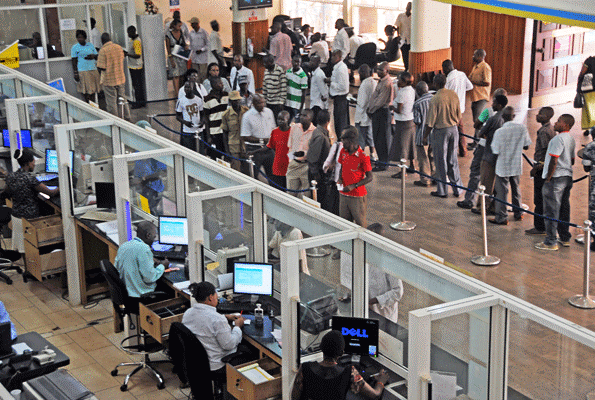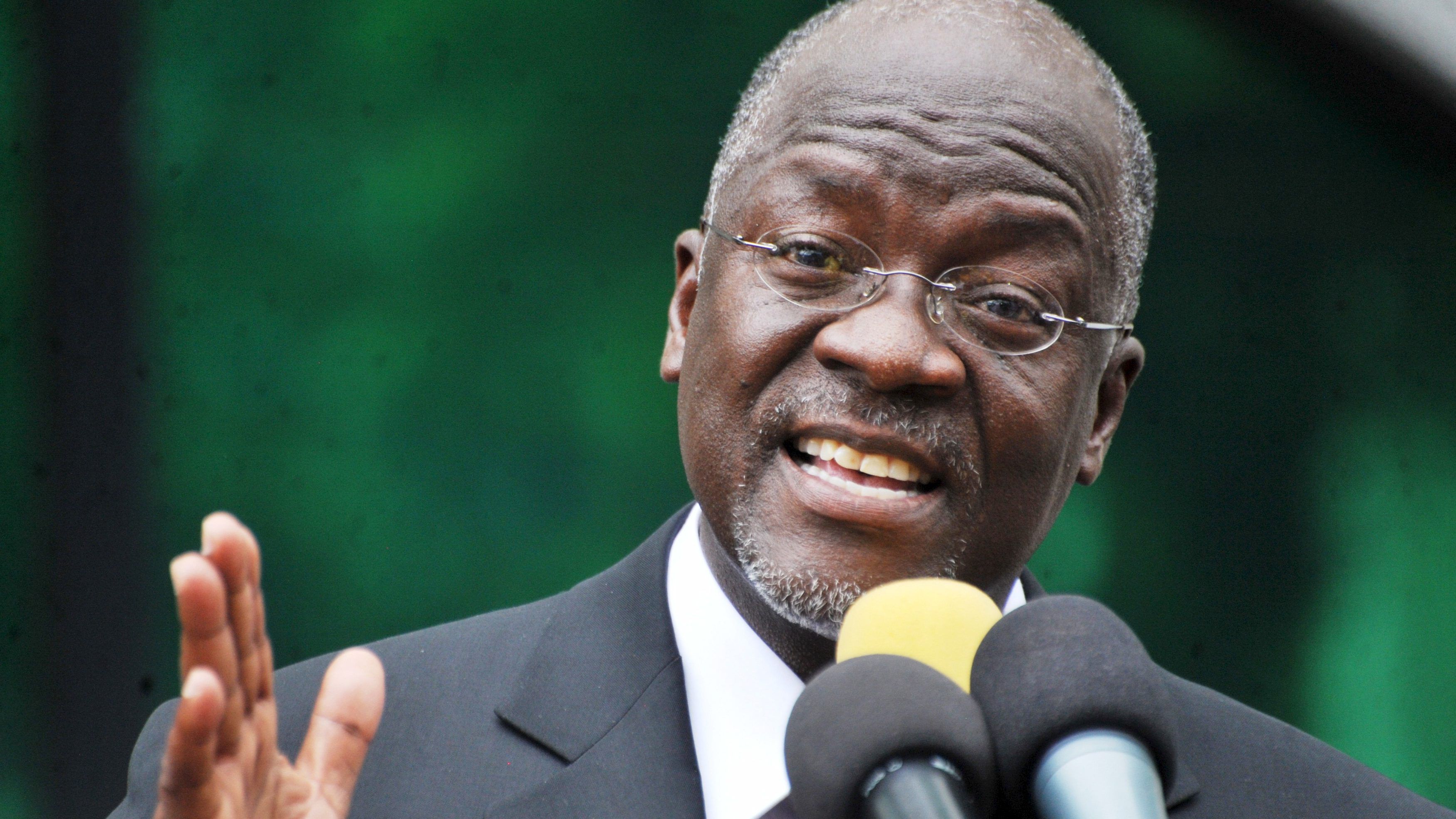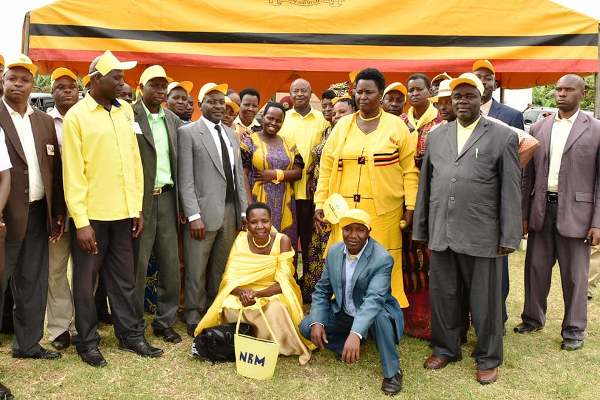On January 31, 2018 at Uganda Bankers’ Association (UBA) Informal Dinner held in Kampala, Prof. Emmanuel Tumusiime-Mutebile, the Governor of Bank of Uganda said Ugandans will soon enjoy the advantages of Islamic Banking.
“The Islamic Banking Regulations, drafted by the BoU, have been approved by the Ministry of Finance Planning and Economic Development and the Solicitor General and will soon be gazetted. The BoU will be open for applications from financial institutions to offer Islamic financial products once the regulations have been gazetted,” Mutebile said.
It is worth noting that the Financial Institutions Amendment Act, 2016 paved way for the introduction of Agent Banking, Islamic Banking and Bancassurance in Uganda. Bancassurance and Agent Banking are already being implemented, with Islamic Banking set to be rolled out this year.
The three products aim to increase financial inclusion in Uganda.
Understanding Islamic Banking
Islamic Banking (IB) refers to a system of banking or banking activity that is consistent with the principles of the Shari’ah (Islamic rulings), and its practical application through the development of Islamic economics.
The core element of Islamic banking as opposed to the popular conventional banking is that commercial banks offer support to businesses at no interest rates. The basic ultimate goal for the parties in this trade is to equally share profits, losses, risks that accrue from the business.
Globally, Islamic Banking is growing at an average of 20% annually.
“The underlying principle of justice is an essential element. In profit sharing of a financed project, the financier and the beneficiary share the actual or net profit or loss rather than throwing all the risk to the entrepreneur,” Stephen Kaboyo, an analyst and Managing Director at Alpha Capital Partners, a financial services firm says.
In contrast to traditional banking, IB is not only focused on credit worthiness and ability to repay the loan, but instead the worthiness and profitability of the project. It integrates ethics and moral values within the banking operations.
Kaboyo further says that IB strengthens the relationship with depositors by eliminating the barrier between those who save and those who invest and brings them closer to the market.
“In Uganda, IB will definitely address a certain market niche and add on to the product choice in the banking sector,” Kaboyo says.
During a workshop on Islamic Banking held in Kampala last year, the Secretary General of the Association of National Development Finance Institutions in Member Countries of the Islamic Development Bank (ADFIMI), Nuri Birtek said Uganda will easily access financing from the Islamic development institutions like the Islamic Development Bank that rates highly Islamic financing principles once Uganda embraces IB.
Experts further say IB will become an alternative source of funding for businesses with new lines of credit especially asset financing that is largely referred to as most costly element for most businesses.
In East Africa, only a section of banks in Kenya and Tanzania currently offers Islamic banking services.
In Uganda, Tropical Bank Uganda Limited is already spearheading the rollout of Islamic banking.
“As Tropical bank, we take Islamic banking seriously,” Idris Elahlafi, the Islamic Committee Chairman and Deputy General Manager at Tropical Bank Uganda Limited told The Independent Magazine, “that is why we already set up a committee to spearhead this product within the bank and in Uganda.”
Apart from the committee, Elahlafi said they were already training staff (both Muslims and non-Muslims); prepared the risk policy; instituted the Shariah advisory board and designed the products and contracts.
Furthermore, the bank is using Malyasian banks and Ziraat, the largest commercial bank in Turkey models to plan for Islamic banking products. By end of last year, 10,000 active customers of the bank out of the bank’s 40, 000 had already been engaged on the various products of Islamic banking.
Similarly, Fabian Kasi, the chairman of all Bankers under their umbrella body – Uganda Bankers Association (UBA) who also doubles as Centenary Bank Managing Director said Islamic banking will provide new prospects for banking in Uganda.
“Banks are always in search for solutions to ensure a win-win situation with their clients,” he said.
He said Islamic banking will come in handy as banks continue to develop many solutions to promote financial inclusion.
According to data from World Bank, only 16% of the 68% adult population in Uganda saves through formal financial channels. A section of the population without a bank account especially Muslims have cited absence of Islamic banking that is in line with Islamic finance.
But will IB succeed in Uganda?
Embracing Islamic banking means bank clients have to uphold high corporate governance principles related to transparency, trust and fine accountability that are critical when it comes to ensuring profitability in business. The success of Islamic banking will also depend on how good the economy is doing for parties involved to benefit.
Dr. Fred Muhumuza, an analyst and economics lecturer at Makerere University says IB is a non starter for Uganda.
“I do not think that any bank will adopt it and roll it out to any great length largely because of limited trust levels in the country,” Muhumuza said in an exclusive interview with Business Focus.
“It works best where there is either Sharia or Muslims are dominant. Borrowers in Uganda are likely to tell lies on profit levels, which is what is supposed to be shared instead of paying interest,” he added.
According to the 2014 National Population and Housing Census, Catholics make 39.3% (over 13.5 million) of Uganda’s 34.6 million people. This is down from 41.6% in 2002. Anglicans stood at 32.0% (over 11m) in 2014, down from 36.7% in 2002. The Pentecostals increased from 4.7 % in 2002 to 11.1% in 2014. Meanwhile, Muslims increased from 12.4% in 2002 to 13.7% in 2014. Will this model succeed in Uganda considering Dr. Muhumuza’s views; and a small number of people subscribing to Islam faith? Your guess is as good as mine.






